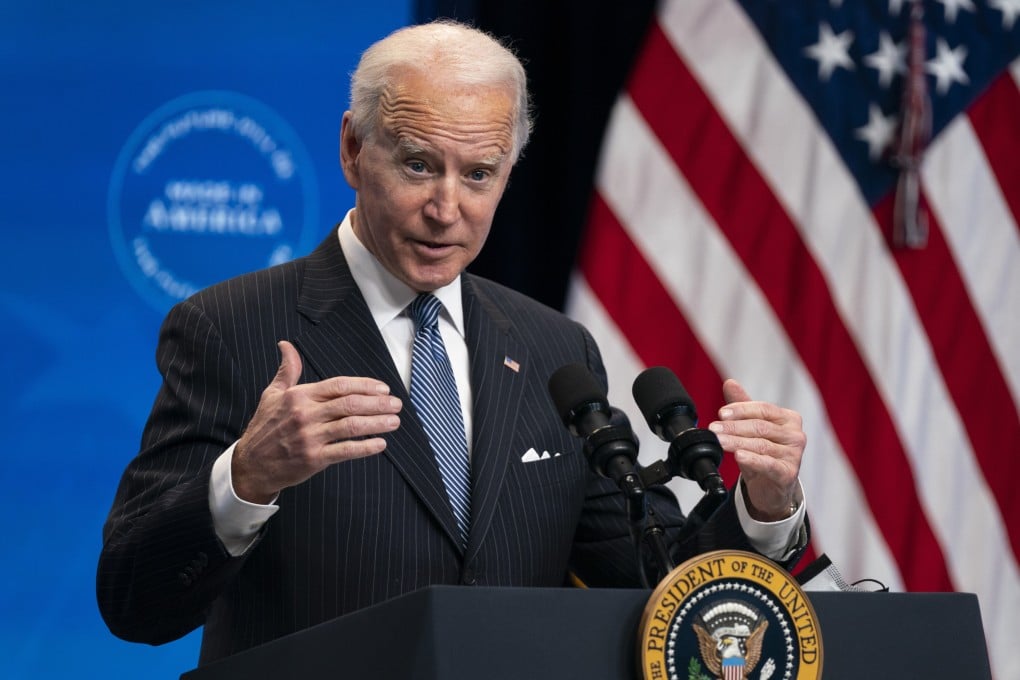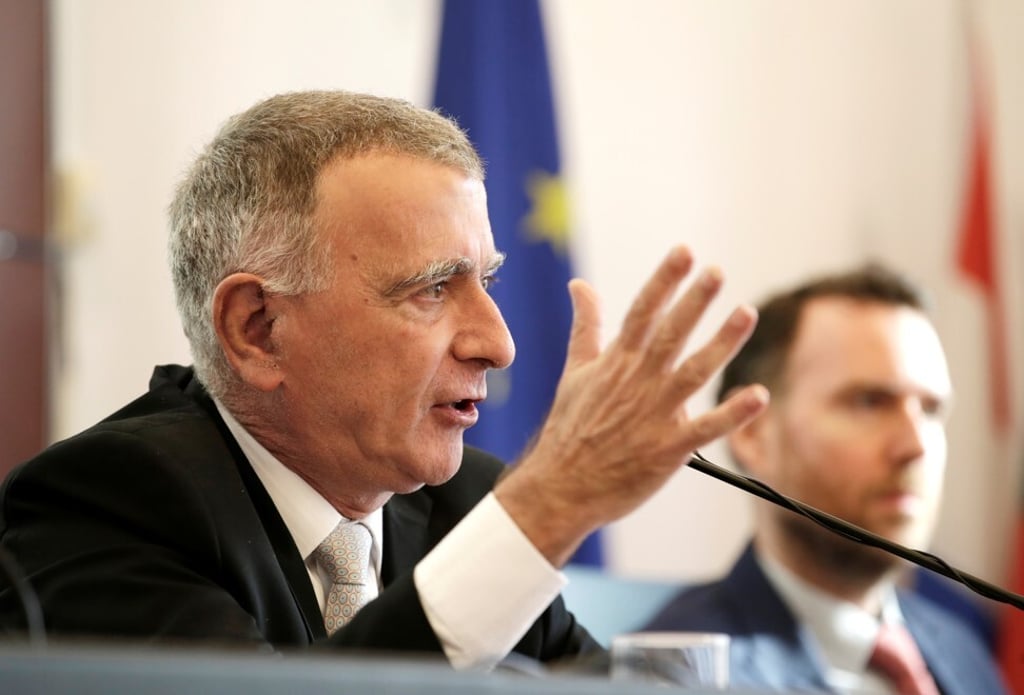Advertisement
Britain’s G7 ‘democracy summit’ not an anti-China coalition with Joe Biden, says EU diplomat
- Expansion of Group of 7 to include other democracies is not aimed at Beijing, European Union’s ambassador to China insists
- Nicholas Chapuis predicts EU will work more closely with the US regarding China, but not undermine recent EU-China investment agreement
Reading Time:2 minutes
Why you can trust SCMP
4

Jun Maiin Beijing
The G7 summit scheduled this year in Britain, which the British government has expanded and presented as a summit between 10 leading democracies, will not be a coalition against Beijing, the European Union’s ambassador to China Nicholas Chapuis has said.
Chapuis’ assurance came days after Joe Biden was sworn in as president of the United States and quickly set about repairing ties with US allies that were damaged during his predecessor Donald Trump’s time in office.
Biden is expected to join other state leaders in Cornwall in England in June for a Group of 7 summit that British Prime Minister Boris Johnson plans to convert into a “D10” of leading democracies, with invitations already sent to Australia, India and South Korea.
Advertisement
The proposal is viewed by some as an anti-China alliance.
Advertisement
Speaking at a press conference in Beijing on Tuesday, Chapuis defended London’s proposal and said that it was “perfectly legitimate” for democracies to discuss the issues of the day but that it was not directed at Beijing.
“For the EU, which sits in both the G7 and the G20, there is absolutely no issue of us building a so-called coalition against China,” he said. “This is not what we are doing.”
Advertisement
Select Voice
Select Speed
1.00x
